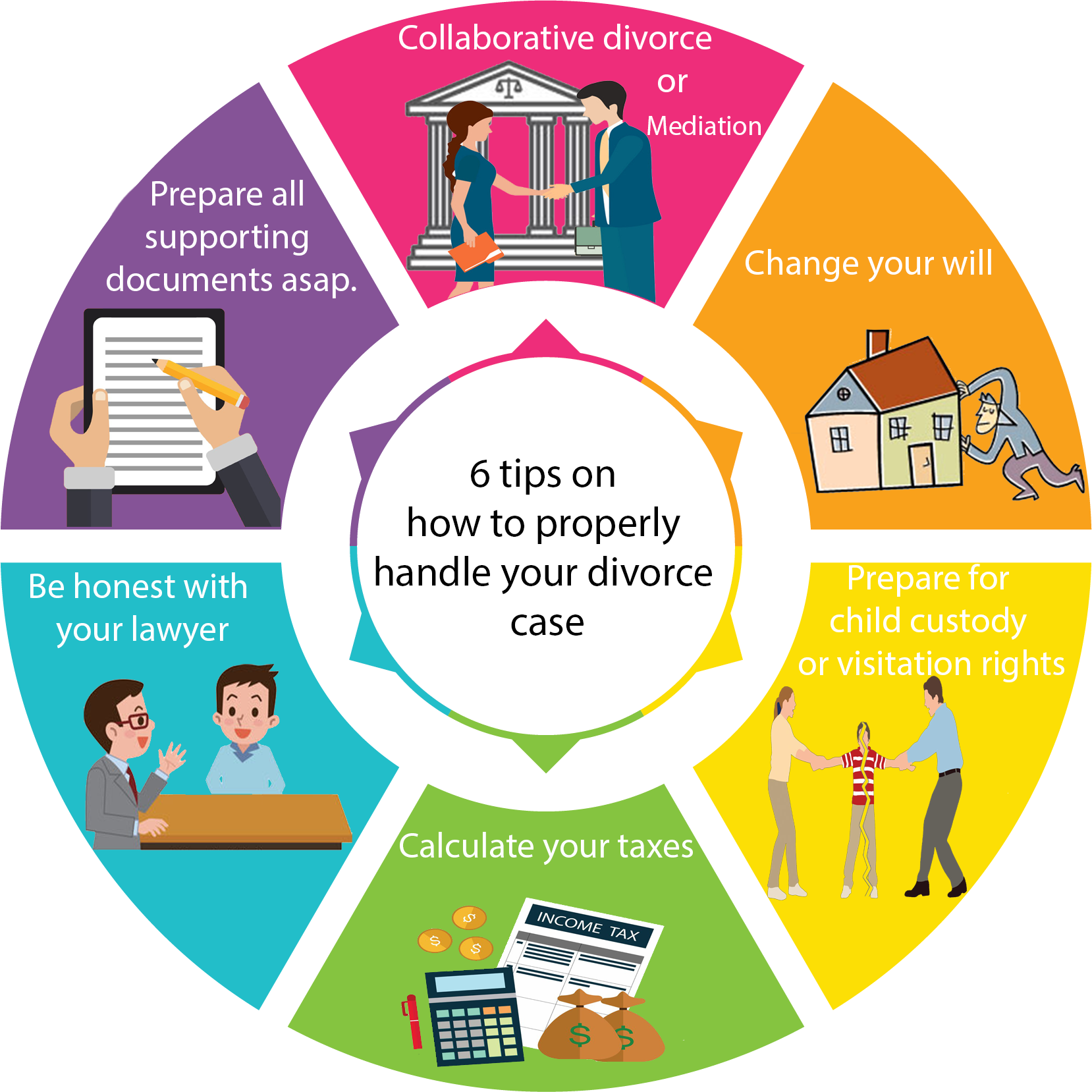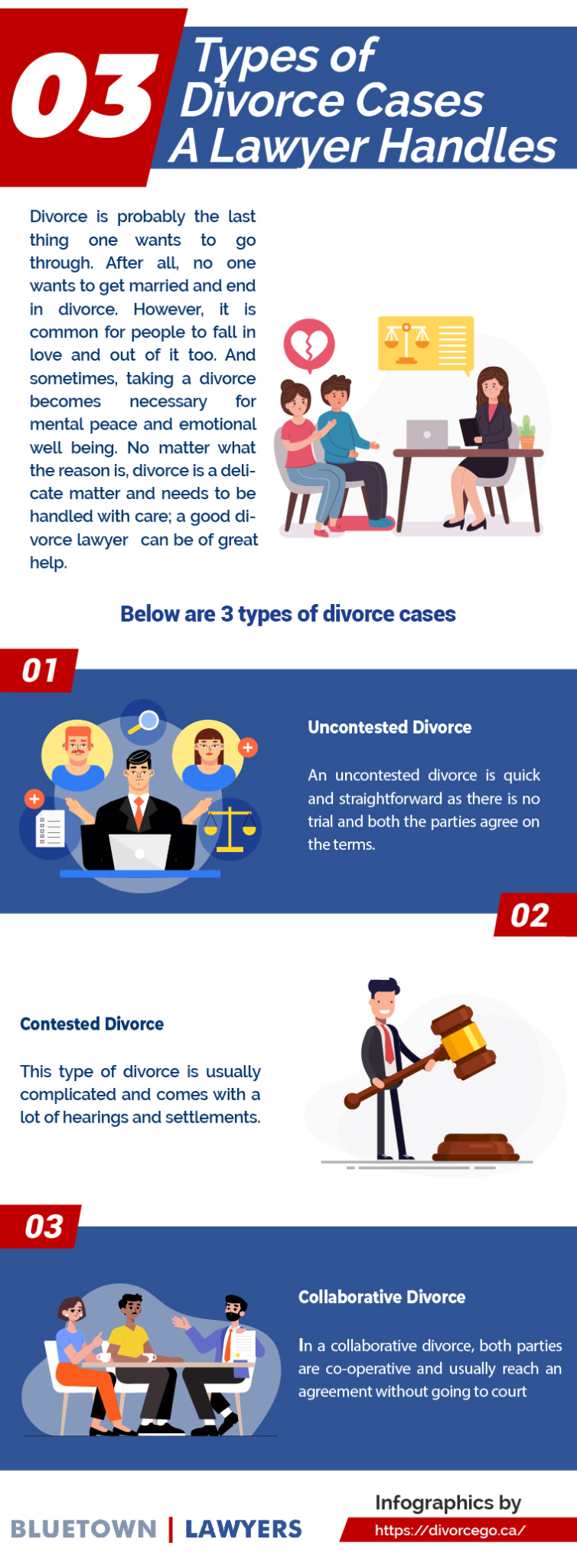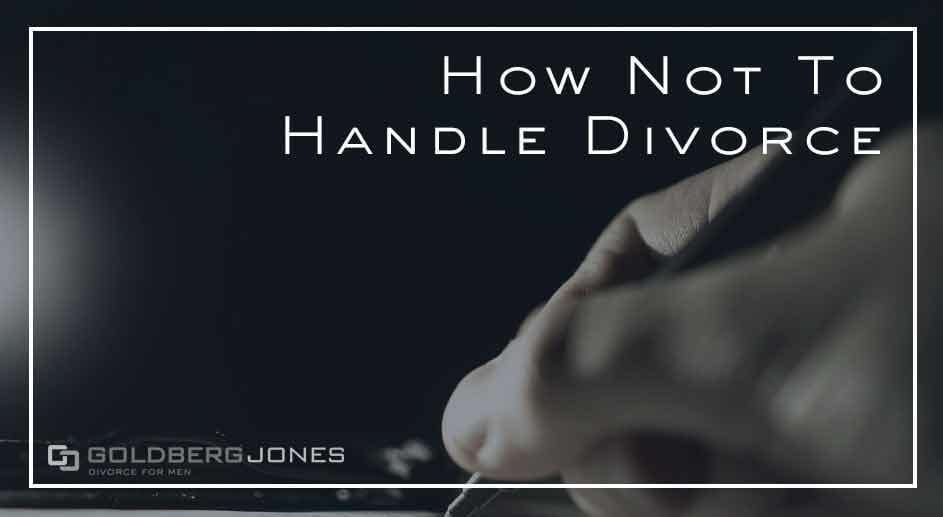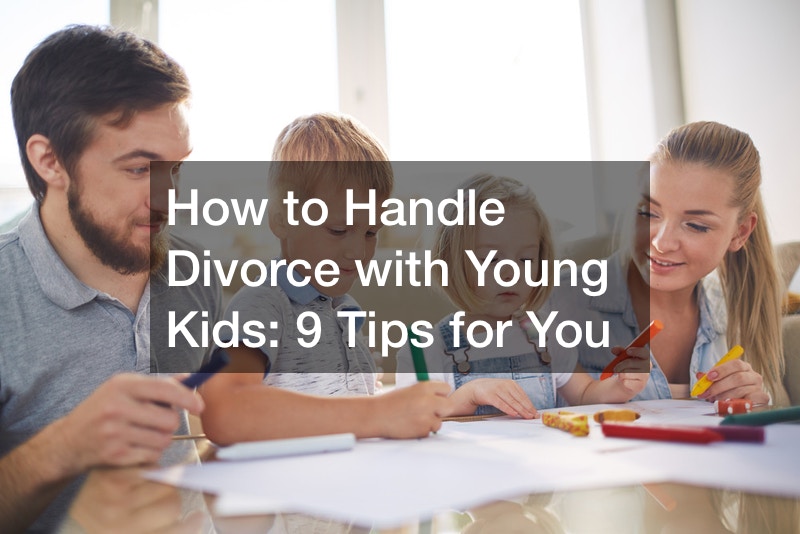Looking Good Info About How To Handle Divorce

Be kind to yourself no matter the circumstances, the mix of emotions you're dealing with during your separation can often be confusing or even frightening.
How to handle divorce. Listen to and ease their concerns, and be compassionate but direct in your responses. Try not to think of the breakup as a battle. The right kind of support, personal and professional, can help people move on after a separation or divorce.
Tips for grieving after a breakup or divorce. Many people who get divorced or separate from their partners may feel it’s too fresh to think about moving on. Surround yourself with family and friends.
To put it simply, divorce can throw your life into upheaval. Don’t threaten divorce if you haven’t thought it through carefully. Don’t use the ‘d’ word lightly or as an ultimatum.
Perhaps you’ve offered to go to therapy. Don’t be hard on yourself perspective is important, especially when you’re figuring out how to cope with divorce. Remind yourself to slow down and never make any big decisions in a crisis.
Guilt and shame are common feelings that can arise during the stages of divorce. Divorce process step by step serving the petition for divorce response or default divorce temporary hearings discovery and preparation settlement or trial do you need an attorney to help you. Divorce is a hard pill that you may have to swallow, whether you want to or not.
If you are serious about wanting to stop a divorce, you should—as soon as possible—soothe the panic, skip the moping, and make an action plan. Smother the urge to play victim. Phases include the acute phase, acceptance phase, adjustment phase and healing phase.
What you can do stop, pause, breathe. If you want your partner to pay attention to you, screaming “divorce!” will likely get you nowhere you want to be. Focus on getting enough sleep, eating healthy.
Divorce mediation is often a good alternative to courtroom proceedings. Forgive on your own timeline. Make sure your kids know that your divorce is not their fault.
Acknowledge your feelings you may feel many negative feelings throughout the stages of divorce that may be difficult to manage. In the beginning, you may feel solace by simply acknowledging your feelings. Medcalf, and keeping track of incremental shifts in feeling can be helpful if a divorced friend or family member is too distraught to see improvement.
It is okay to grieve. Acknowledge your feelings it’s ok to not be ok. It's normal to have lots of ups and downs, and feel many conflicting emotions, including anger, resentment, sadness, relief, fear, and confusion.


















